Lifestyle
20 Lies Our Parents Told Us (And We Believed Them)

Parents tell their kids all sorts of things, often with good intentions—sometimes to keep us safe, sometimes to make their lives easier, and sometimes just because their parents told them the same thing. But looking back, we can’t help but wonder: why did we ever believe these? Here are 20 lies we grew up thinking were true.
“If you swallow gum, it stays in your stomach for seven years.”

This classic myth was probably designed to stop kids from gulping down every piece of gum they chewed. In reality,while gum isn’t digestible, it doesn’t just sit in your stomach for years like some kind of sticky time capsule. Instead, it passes through your digestive system just like anything else you eat, eventually making its way out of your body. But hey,it worked—we were terrified of swallowing gum for years.
“Cracking your knuckles will give you arthritis.”

Anyone who grew up enjoying the satisfying pop of cracking their knuckles was probably met with a stern warning that they’d regret it in old age. But medical research has shown that cracking your knuckles doesn’t cause arthritis or any other permanent damage—it’s just the release of gas bubbles in your joints. The real reason parents said this? They were just annoyed by the sound and wanted us to stop.
“Santa is watching you all year round.”

The idea of an old man watching us every single day and night to judge our behavior should have been unsettling, but somehow, we just accepted it as part of childhood. The threat of Santa’s watchful eye kept us in line, but now, as adults, we realize it was just a brilliant tactic to keep kids well-behaved without constant supervision.
“If you keep making that face, it’ll get stuck that way.”

Whether it was crossing our eyes, sticking out our tongues, or making goofy expressions, every kid was warned that their face could permanently freeze if they did it too much. As it turns out, human muscles don’t work like that, but the fear was enough to make us stop mid-silly-face more times than we’d like to admit.
“Eating carrots will make you see in the dark.”

Carrots are packed with Vitamin A, which is great for eye health, but they won’t magically grant you night vision. This myth actually traces back to World War II propaganda, when the British military claimed their pilots had superior night vision due to eating carrots. In reality, they were just hiding their use of radar technology.
“Don’t swim after eating, or you’ll cramp and drown.”

Parents insisted we wait an hour after eating before going back in the water, warning us that swimming too soon would lead to life-threatening cramps. However, there’s no real scientific basis for this. While extreme exertion right after a big meal might feel uncomfortable, it’s not going to send you straight to the bottom of the pool.
“If you touch a baby bird, its mother will reject it.”
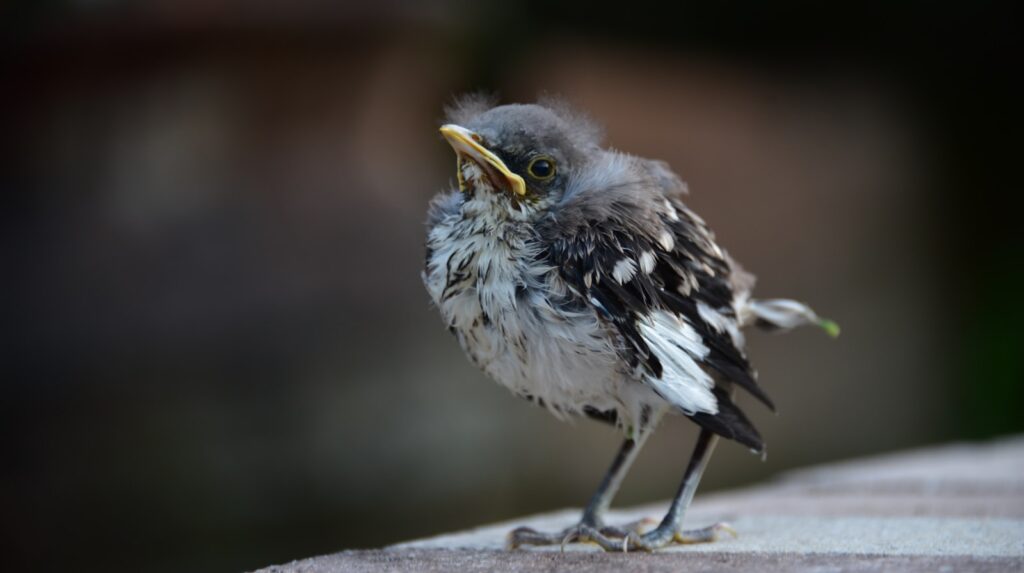
Many kids avoided touching baby birds out of fear that their scent would cause the mother to abandon them. In truth, most birds have a terrible sense of smell and will continue caring for their chicks even if they’ve been handled by humans.This myth likely started as a way to discourage kids from messing with wildlife.
“You only use 10% of your brain.”
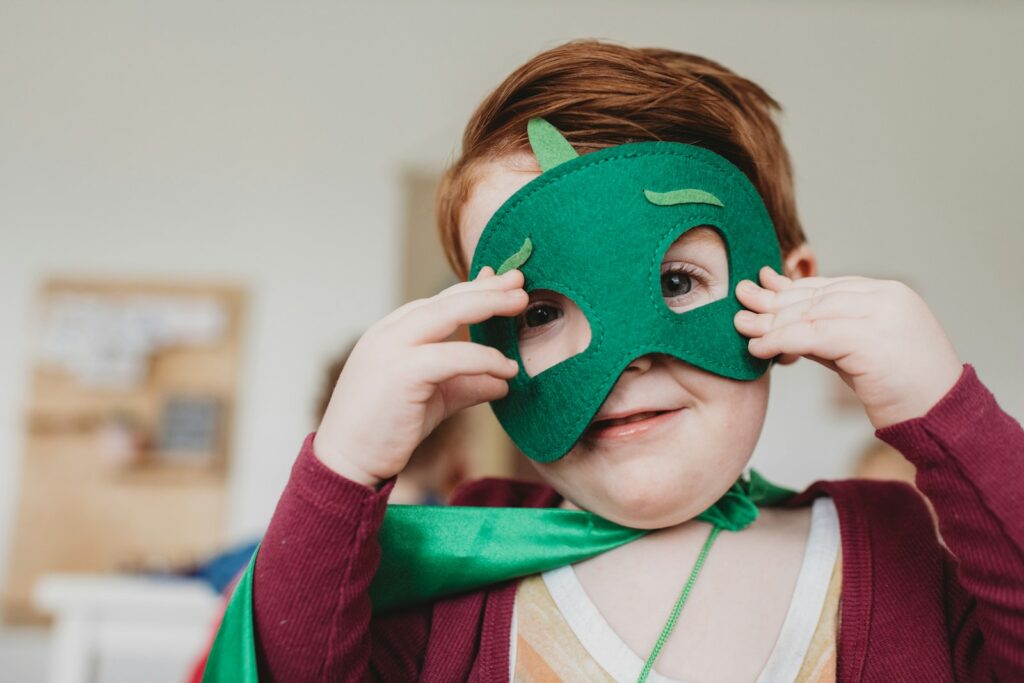
It’s a fun idea to think we have some hidden, untapped potential just waiting to be unlocked, but unfortunately, this one is pure science fiction. Brain scans have shown that we use nearly all parts of our brain, just not all at once. This myth was probably told to inspire kids to work harder, but it’s simply not how the brain functions.
“Watching too much TV will rot your brain.”
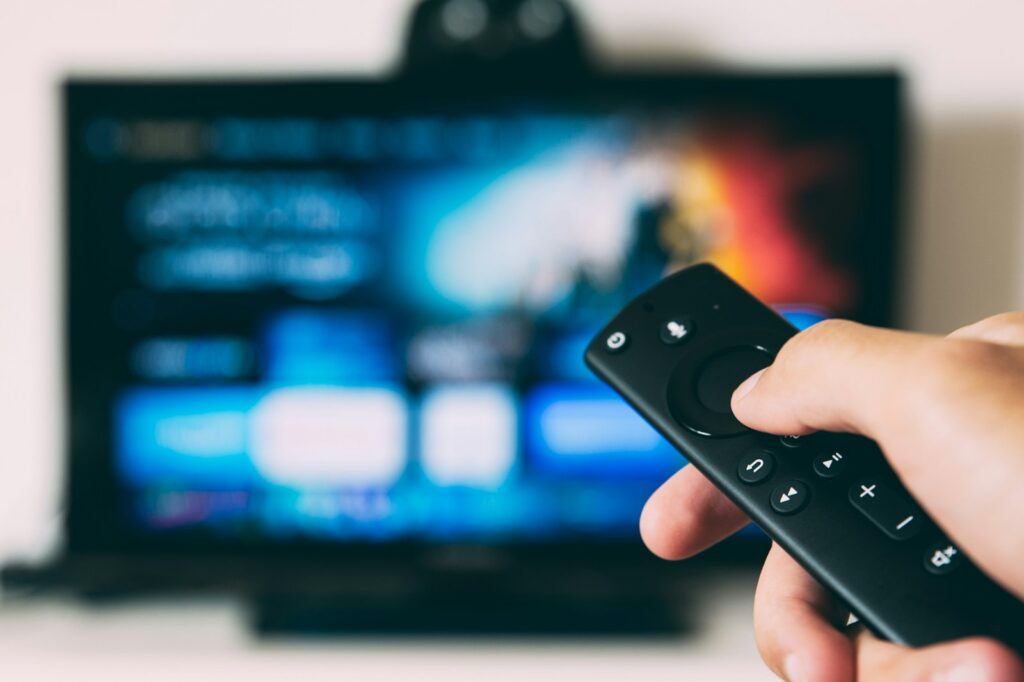
Parents made it sound like extended screen time would turn our brains to mush, but while too much TV isn’t great for your health, it doesn’t physically rot your brain. The real concern was limiting distractions and making sure kids did something productive—but let’s be honest, many of those same parents now binge-watch Netflix for hours.
“Sitting too close to the TV will ruin your eyesight.”

This warning might have had some basis back when televisions emitted more radiation, but modern screens pose no such risk. Sitting too close can cause temporary eye strain, but it won’t lead to permanent vision damage. Parents just wanted to stop kids from planting their faces directly in front of the screen.
“If you lie, your nose will grow like Pinocchio’s.”
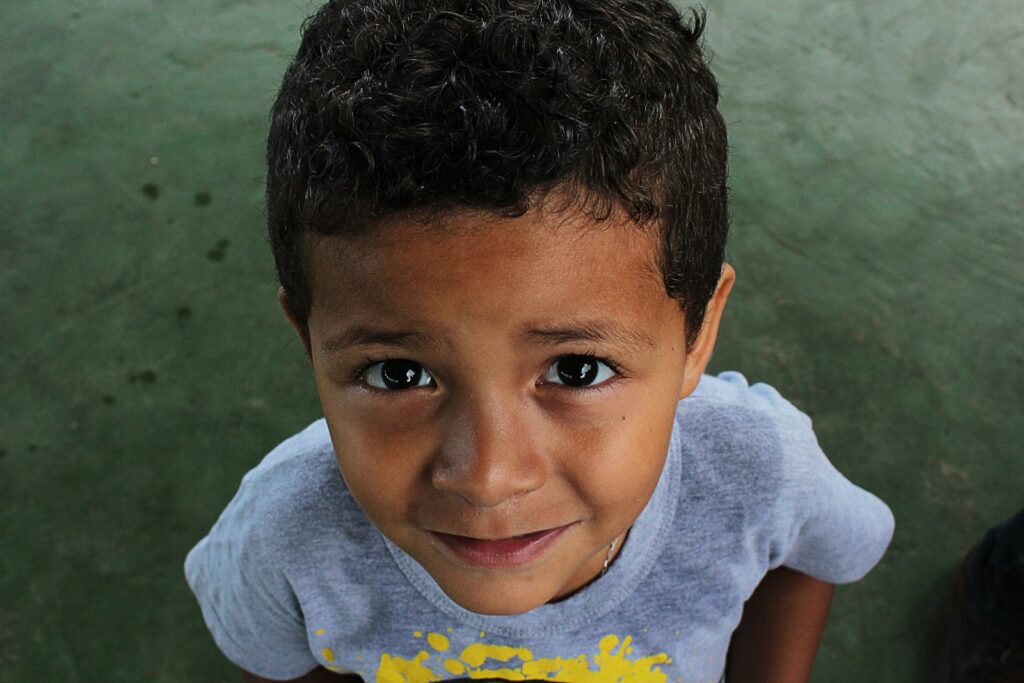
Every kid was warned about this after telling their first fib. While it would be a lot easier to catch liars if this were true, unfortunately (or fortunately), human noses don’t work like that. However, studies do show that some people have physical “tells” when lying, such as fidgeting or avoiding eye contact.
“Thunder is just angels bowling in the sky.”

A comforting story for kids afraid of thunderstorms, but we now know that thunder is just the sound of rapidly expanding air after a lightning strike. It was a sweet lie meant to calm us down, but as soon as we learned basic science, the bowling alley explanation lost its charm.
“If you pee in the pool, it turns blue.”
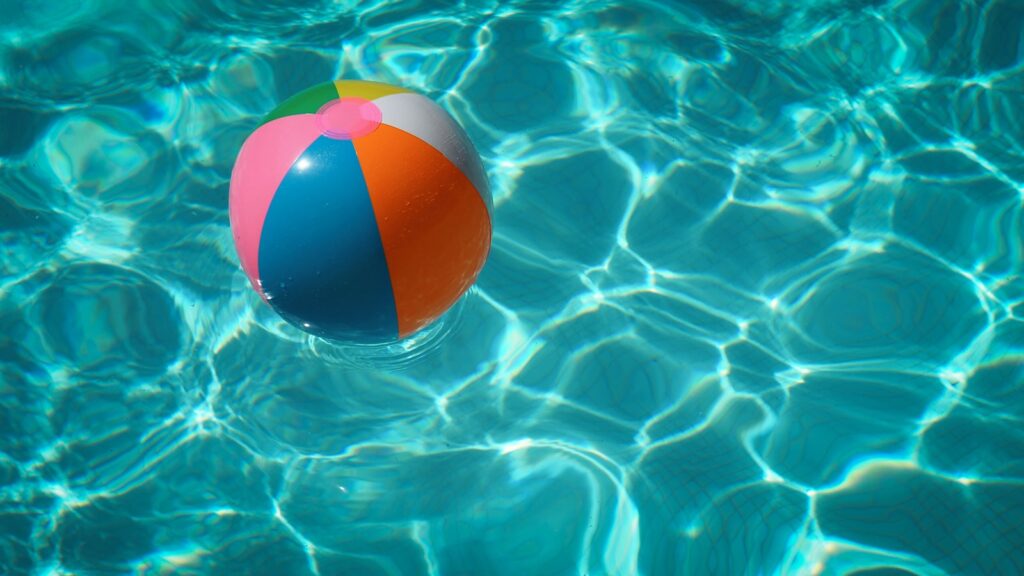
This legendary myth probably stopped a lot of kids from turning the local pool into their personal bathroom. In reality, no such chemical exists, but the fear of public humiliation was so strong that most of us never dared to test it.
“The ice cream truck only plays music when it’s out of ice cream.”

A cruel but effective lie used by parents who didn’t want to buy ice cream every time the truck rolled by. The truth, of course, is the exact opposite—the music means the truck is fully stocked and ready to sell treats. This lie worked particularly well on younger kids who hadn’t yet figured out that trucks selling food wouldn’t be advertising their lack of stock.
“Sugar before bed will give you nightmares.”

Eating sugar late at night might make kids hyper, but there’s no direct link between sugar and nightmares. The more likely culprit? Parents just didn’t want kids bouncing off the walls when they were trying to relax for the evening. It’s true that excessive sugar can cause energy spikes, but dreams, especially nightmares, are far more influenced by stress, emotions, and random brain activity during sleep.
“Don’t cross your eyes or they’ll stay that way.”
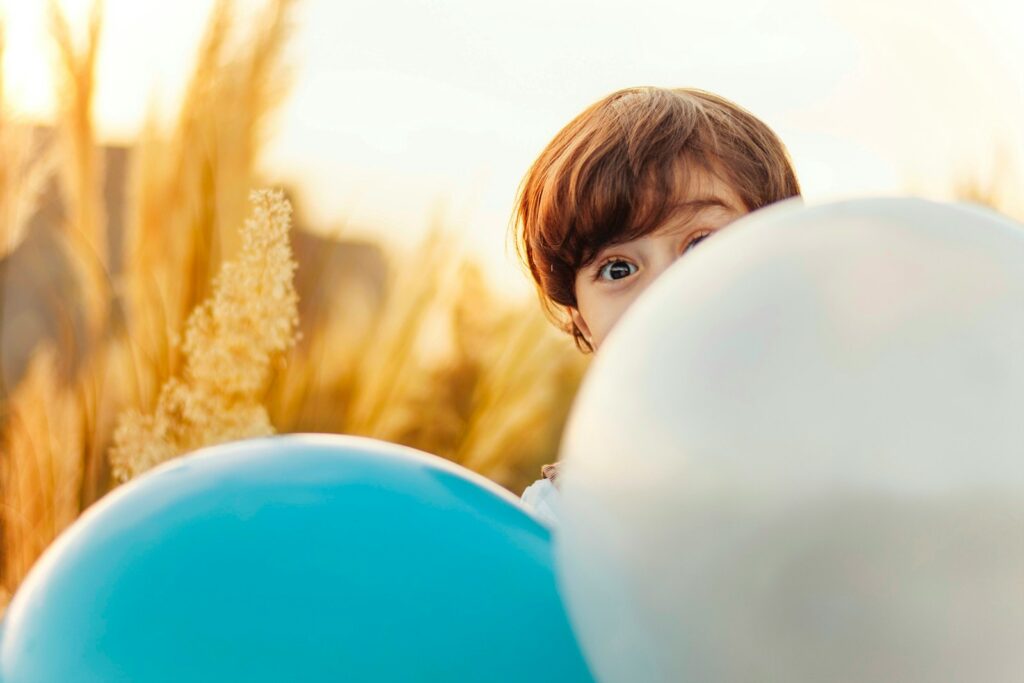
If this were true, half of us would be permanently cross-eyed by now. In reality, eye muscles are flexible, and once you relax them, your eyes go back to normal. Strabismus, a condition where eyes do not align properly, is a medical issue unrelated to silly childhood antics.
“Goldfish only have a three-second memory.”
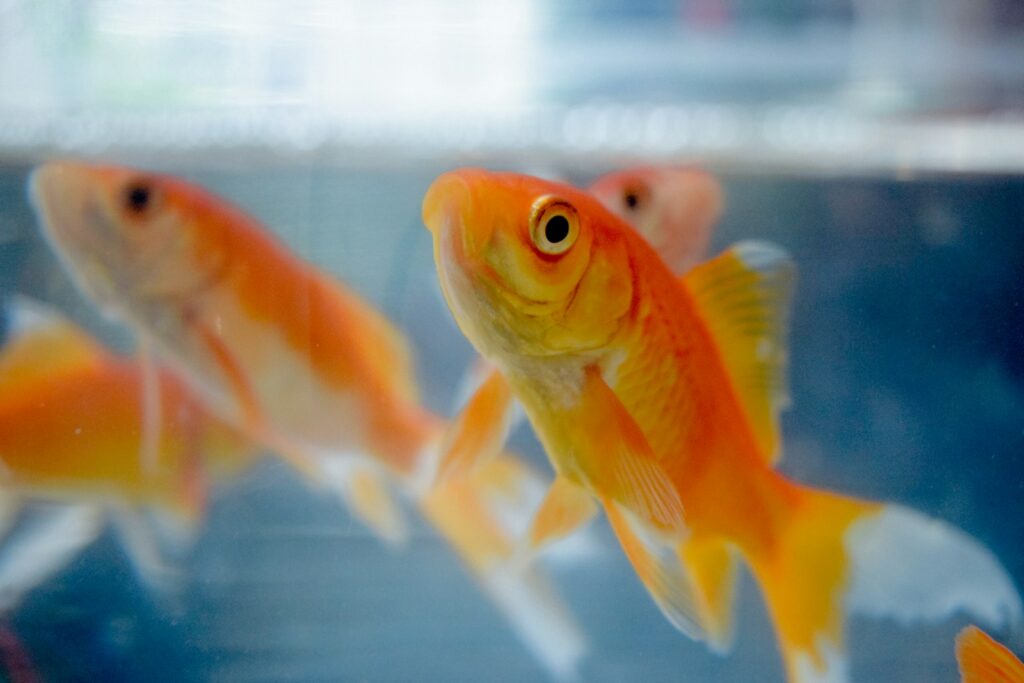
Despite what we were told, goldfish actually have excellent memories and can even be trained to recognize their owners, respond to feeding times, and complete small tasks like navigating mazes. Studies have shown that goldfish can remember things for months, disproving the idea that they forget everything instantly.
“If you drink coffee as a kid, you won’t grow tall.”

There’s no scientific evidence that coffee stunts growth. While caffeine isn’t great for kids due to its stimulating effects and potential impact on sleep, it has no effect on height. Growth is determined by genetics and nutrition, not by the occasional sip of a latte. This myth was likely invented to discourage kids from wanting coffee since it’s typically an “adult” beverage.
“The stork brought you to us.”
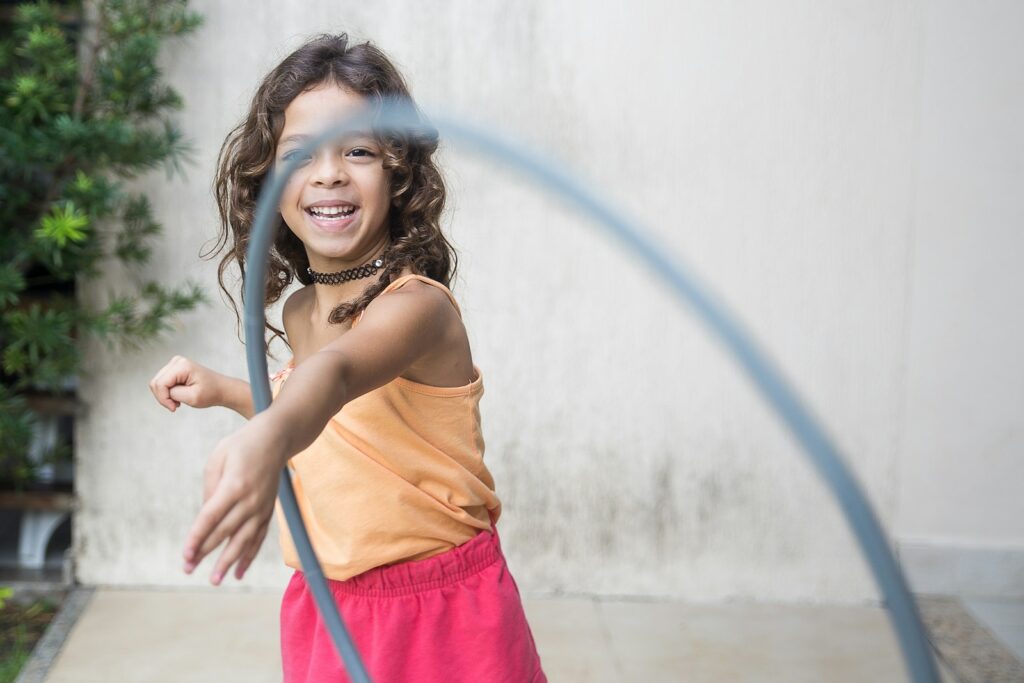
This was the go-to story for avoiding awkward questions about where babies come from. While it worked for a while, most kids eventually realized that large birds aren’t in the baby delivery business. The myth has roots in folklore, particularly in European traditions where storks were associated with fertility and new beginnings.
“Life is fair.”

Perhaps the biggest lie of them all. As we grew up, we quickly realized that life isn’t always fair. Hard work doesn’t always lead to success; bad people sometimes win, and fairness is often just a comforting illusion. It’s a nice sentiment, and maybe our parents told us this to give us hope, but the reality is far more complex. Life is full of unpredictable circumstances, privilege, and luck. Some people get handed opportunities while others have to struggle.

